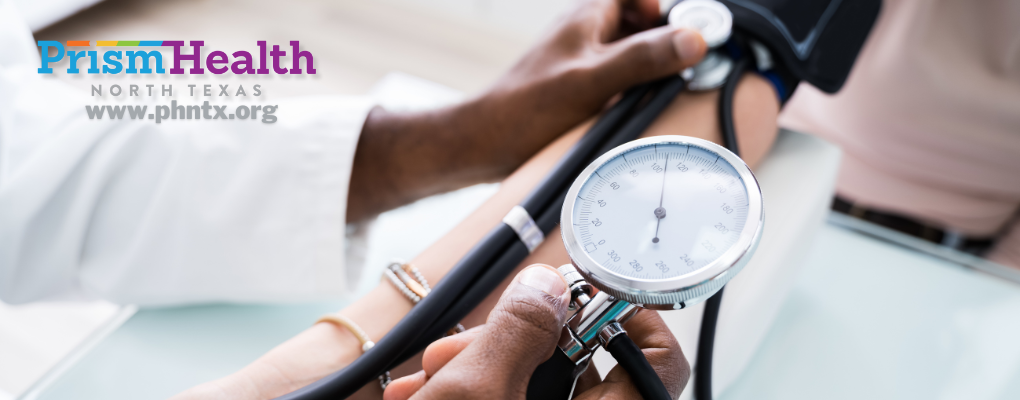
STIs 101: What is Herpes?
Published: 07-17-2023 | 1 MIN READ | Author: Prism Health North Texas
Herpes simplex virus (HSV) is a common infection that is primarily spread through skin-to-skin contact. There are 2 types of HSV; HSV-1 which is the leading cause of oral herpes and HSV-2 which is the main cause of genital herpes. There is no cure for herpes or a vaccine that prevents infection, but antiviral treatment can lessen the chance of spreading it.
It’s estimated that about 12% of people between 14 and 49 years old have an HSV infection. Most of these people may not know they have herpes. Up to 87% of people with herpes may not present symptoms and may not know they have been infected.
How is herpes spread?
HSV is spread through skin-to-skin contact with a person that has a herpes infection. Skin-to-skin contact includes vaginal, anal, and oral sex. Herpes can be spread when there are no visible lesions or blisters on the skin. The majority of people that get herpes are infected by a person that doesn’t know they have herpes.
HSV-1, the cause of oral herpes, can be spread through kissing, the sharing of things like toothbrushes and eating or drinking utensils.
What are the symptoms of herpes?
Most people with an HSV infection are asymptomatic (do not show symptoms). When symptoms are present, they can also be mild and mistaken for another condition.
When herpes presents symptoms, they can include fever and fatigue with the first signs of small, painful blisters around the genitals, rectum, or mouth. When this happens, it is called the first herpes outbreak.
Outbreaks will be a regular occurrence with an HSV infection, however over time and with treatment the outbreaks will last shorter amounts of time and be less severe.
How is herpes diagnosed and treated?
If you are sexually active, you should be tested for HSV on a regular basis with STI testing. When symptoms present themselves, a doctor will take a sample from the outbreak and test it in order to get a diagnosis of HSV-1 or HSV-2. There is no cure for herpes.
When you have been diagnosed you should avoid sexual activity during outbreaks. The use of condoms and antiviral treatment can lower the chance of herpes transmission to partners; however, the chance of infection will never be 100%.
Herpes and HIV or pregnancy:
An HSV infection can increase the risk of HIV infection. Open lesions and blisters on the skin can offer HIV a more direct path into the body. PrEP can lower the risk of HIV infection.
Pregnant people with HSV can also spread herpes to their unborn baby. While antiviral treatment can lower the risk of infecting the baby, a cesarean birth will most likely be recommended.
Sources:



